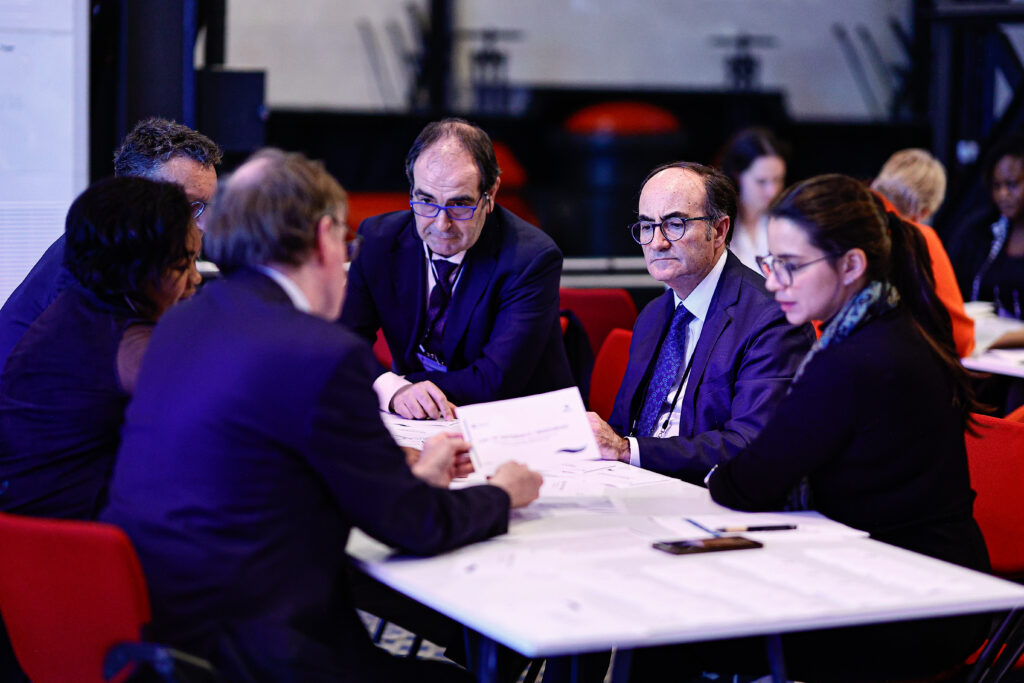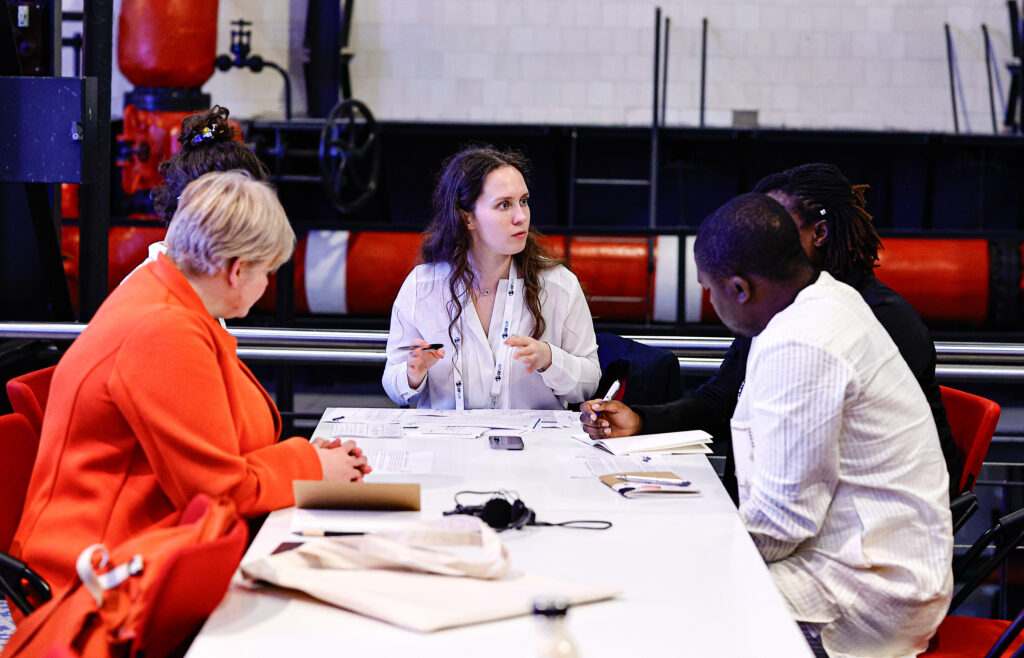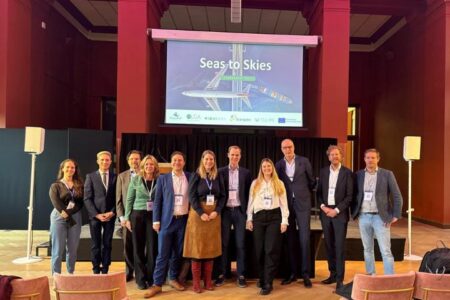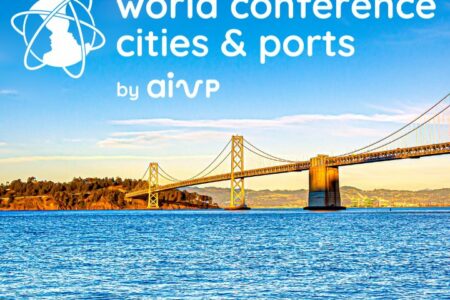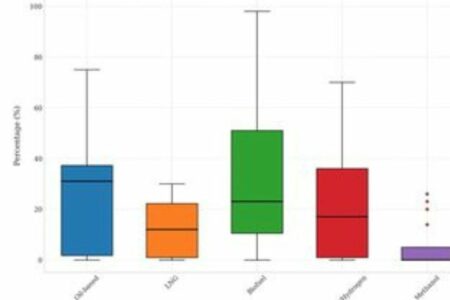The AIVP World Conference Cities & Ports was an important opportunity for mixed (industrials, ports, cities) and international groups to provide their insights on the MAGPIE demonstrations. During the energy transition session on November 28, the participants of the parallel track (port-city-industry actors from around the world) discussed 5 of the 10 MAGPIE demonstrators.
Maurice Jansen, Senior Researcher at Erasmus University Rotterdam, in collaboration with the AIVP, organized a workshop in the form of an interactive game. The participants had the opportunity to express their points of view on 2 themes: social acceptance and spatial impact. It also allowed a moment for the participants to learn more about and be sensitized to these two critical topics related to the energy transition and important in AIVP’s Agenda 2030.
The idea here was to highlight the fact that, even if a solution is highly relevant from a technological point of view, there is a whole process of understanding the social acceptance and spatial impact surrounding the solution to be put in place before receiving the social license to operate. If the project is not accepted by society, it will be difficult for it to be upscaled and widely used. Similarly, depending on the solution’s spatial impact, if positive or negative, the solution can also face difficulties in implementation. The aim of the workshop was for discussions to feed into and guide future discussions on MAGPIE and to identify potential obstacles so that these can be tackled. It will feed directly into Work Package 8 reports on monitoring. The MAGPIE project is unique in its usage of social acceptance and spatial impact as monitoring KPIs.
